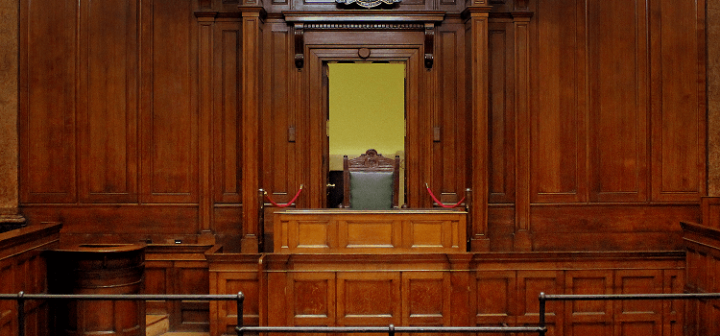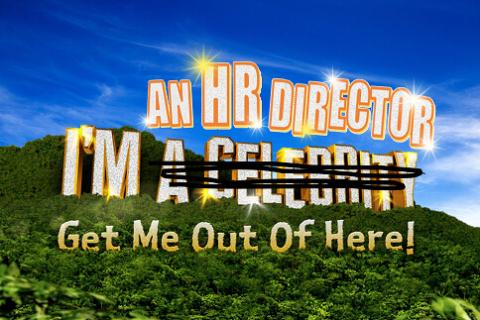Mock Trials – The Case Against

Mock trials as a method to deliver a hard hitting message have been around for a while now and we are seeing them on the increase again at safety conferences. The format is to get a barrister to terrify the CEO ‘in the dock’, allow the audience to feel all righteous and everyone goes home feeling like they’ve had a peek behind the scenes at a nearly-real-life episode of Crown Court. Job done! Or is it?
The central message of all these presentations seems to be: “You’d better not kill/injure anyone – or else!”
Surely the question that we should really be asking is this: “What changes afterwards?”
Yes, a mock trial – if done well – can be an interesting and novel experience, but in order for a positive change in the safety culture of an organisation to happen, its people surely need to be helped in terms of their skills? Although an initial shock can motivate people, it isn’t always in the right direction. And trial after trial (pardon the pun!) has shown that people very quickly move back to their original position, often entrenching and thereafter becoming more difficult to move.
When the presentation is over, and working life returns to its familiar pattern, with people on the ground just doing their best to do a decent job, have their prime motivations changed? Has the environment in which they operate changed at all? Because these are the people most likely to be in harm’s way; and if the people who actually influence their direct operating environment haven’t been properly engaged and – crucially – provided with the correct skills to change things for the better, then I’m afraid we’re all wasting our time. Because no amount of trials – regardless of enjoyment or shock levels – will make the smallest difference to what happens on the ground.
Now, you’d be forgiven for thinking: “2macs knocking the use of theatre at a conference? Doesn’t that carry more than a hint of turkeys voting for Christmas?!”
The thing is, that theatre on its own isn’t enough. The use of drama is a route into engaging people, challenging their assumptions but importantly putting them into the driving seat to make positive changes, and you can only do that by making the drama relevant to them. But you must also bridge that gap between awareness and action by increasing their skills. In other words, the most important legacy to leave is people now having the ability to make the changes necessary to develop and create the culture they really need.
And the most dramatic thing should be the change from ‘before’ to ‘after’…







